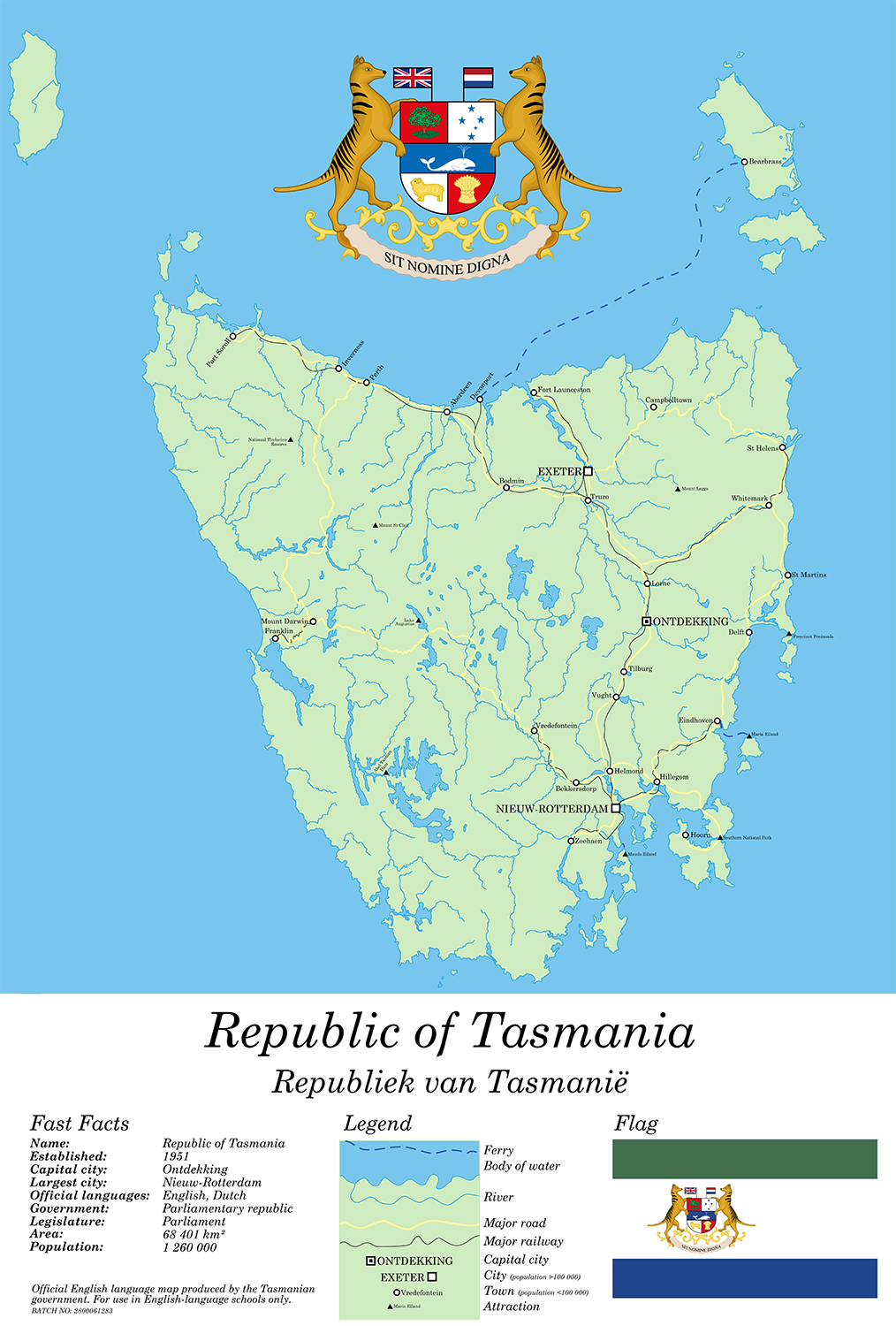ThirdMan2005
Banned
View attachment 413243
This one has no perfectly tangible POD, because it started as an attempt to create better borders for the Near and Middle East. ("Better" in this case meaning "making it less likely for people who hate each other to be stuck in one country arbitrarily drawn up by colonialist jerks".) But then I decided to set it in a world that avoided the mass killing of Armenians and Assyrian Christians. A vague backstory coalesced. Thus it ended up being a depiction of this particular region in an ATL that avoided any real World Wars. As a result, this world featured a dismantling of the Ottoman Empire by European powers, and a longer-lasting colonialism (that did have the up-side of resulting in a far more neat and orderly decolonisation).
This is not to say that there were no unpleasantries. Turkey went through a revanchist phase that didn't end well at all (but is a very calm social democracy these days). Settling on definitive borders for the Central Asian states was not easy. Persia's expansionist designs required foreign intervention (although a change in dynasties has turned the territorially reduced Empire into a land of peace and commerce). Zionism still led to conflict, and ultimately to the (British-backed) expulsion of Arabs from the "State of Zion". Some diplomatic wrangling got the Hashemites to take in the refugees (and spread them all across the Kingdom, which has resulted in their being absorbed into the larger populace).
Some of the worst problems involved the forced population exchanges in the Levant. The coastal Levantine Federation, orginally a French idea, unites the Christians, the Alewites and the Druze. They began fircibly removing a lot of the Sunni and Shi'a Arabs from this new country. As a result, their own kinsmen were largely expelled from Hashemite Arabia. Conversely, the Arab Muslims cast out of the coastal Federation ended up in the Hashemite Kingdom. This was a very messy process, with a needless human cost. Lebanese Shi'a Arabs, moreover, feeling unwelcome in the distinctly Sunni country of the Hashemite Dynasty, set up their own state. They continue to cling to the goal of regaining the land they have lost. (Their situation is a bit like the Palestinians of OTL, except they are fully self-governing.) Their improvised statelet, unrecognised by both the Hashemite Kingdom and the Levantine Federation, but not really interfered with either, has embraced revolutionary syndicalism. Probably hoping to get support from Indonesia— hoping in vain, mostly.
By and large, the whole region is far more peaceful and developed than in OTL. "Islamic radicalism" is seen as a nineteenth century phenomenon in this world. "Terrorism" is a word associated only with the radical fringes of the syndicalist movement. The arch-conservatives of Nejd, for instance, are seen by their fellow Muslims and by the world at large about the same way we in OTL regard the Amish. (And indeed, their ATL branch of fundamentalism has carried them into an inward-facing tendency rather of that type.) The idea, which has gained some traction in OTL, that there is some sort of disconnect or natural hostility between the Islamic world and "Modernity" is almost entirely absent here.
If you want it more peaceful, I would put Jeddah and Mecca as "Holy Cities International Territory" to stop other Muslim countries from being angry at rules the Hashemite Kingdom could put in. Also I would make Jerusalem an independent city-state.
And last of all, the area of OTL Israel and Sinai not controlled by Zion or Suez International Territory should become its own country, also including some land east of the Sinai peninsula.


